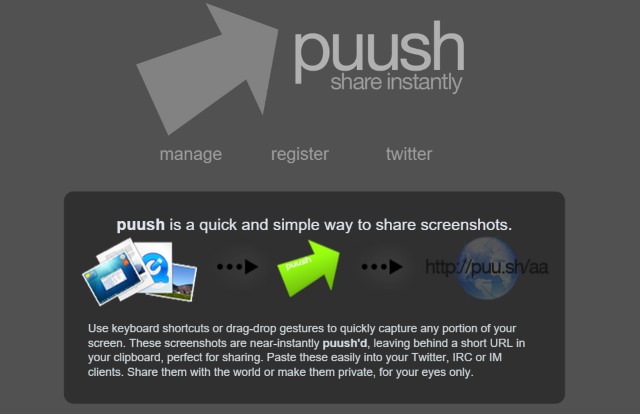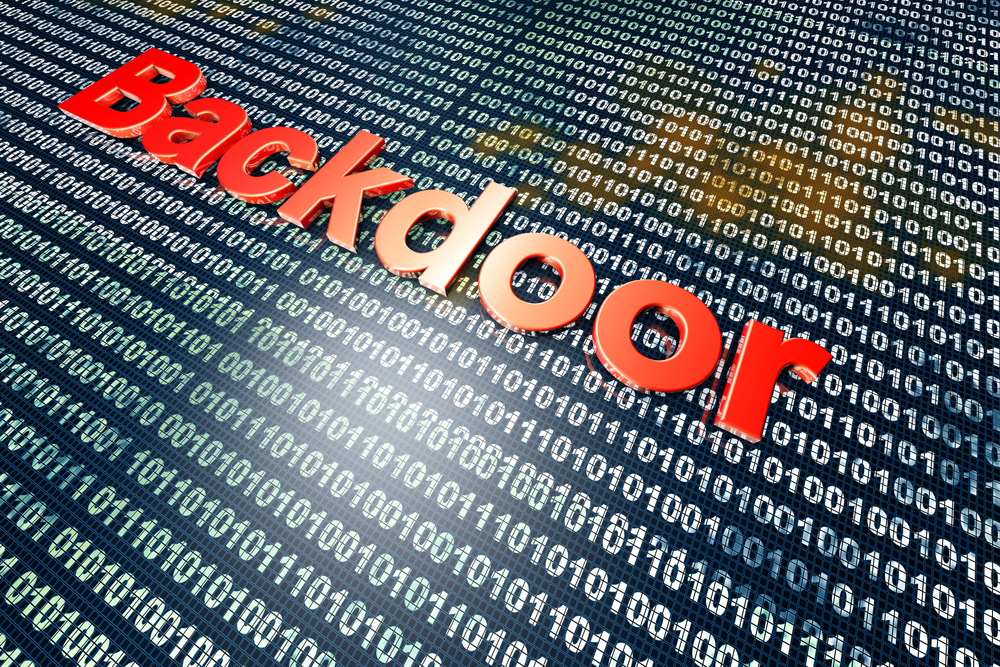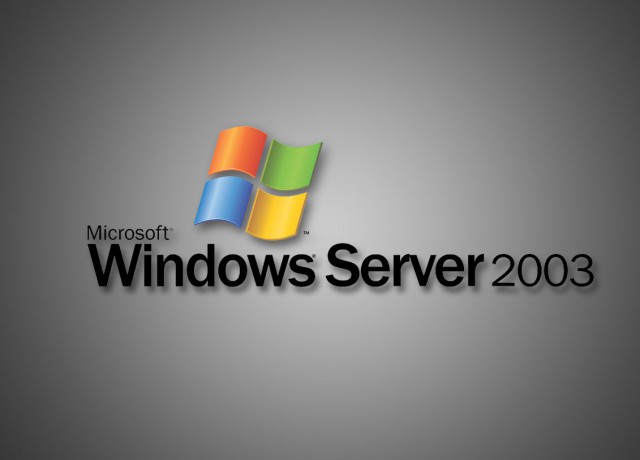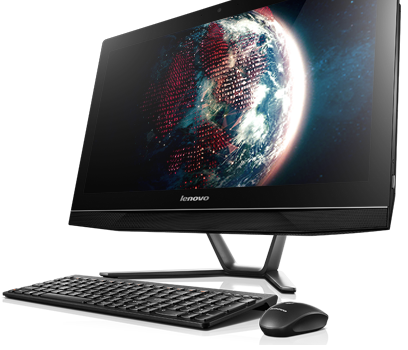
Logitech's crowdsourced PX57 video game available now for Windows, OS X and iOS
When Logitech announced that it was crowdsourcing a video game using Reddit, I was dubious to say the least. I knew the company could pull it off, but I was fearful that anonymous Internet users would ruin the "Together We Game" experiment.
Luckily, my fears were unfounded, as not only has the game been released, it is actually very fun and normal. In other words, the Internet did not spoil the game. Best of all, the tower defense game is free and available for Windows, OS X and iOS. Will you download PX57?

Windows remains vulnerable to serious 18-year-old SMB security flaw
A serious security hole leaves millions of Windows users open to attack, making it possible to extract encrypted credentials from a target machine. Researchers at Cylance say the problem affects "any Windows PC, tablet or server" (including Windows 10) and is a slight progression of the Redirect to SMB attack discovered by Aaron Spangler way back in 1997.
Redirect to SMB is essentially a man-in-the-middle attack which involves taking control of a network connection. As the name suggests, victims are then redirected to a malicious SMB server which can extract usernames, domains and passwords. Cylance also reports that software from companies such as Adobe, Oracle and Symantec -- including security and antivirus tools -- are affected.

Easily set windows as always on top with PinMe!
If a Windows application needs to be accessible at any time -- a desktop calculator, perhaps -- then it’ll sometimes be possible to set it as always on top, ensuring its window stays on top of any others.
Not every application has that feature, unfortunately, but there’s another way. PinMe! can set any window as always on top in a couple of clicks.

Spelr is a spell checker for any Windows program
There’s a common view online which says that spelling doesn’t really matter, mistakes are no big deal, and anyone who says otherwise is An Evil Grammar Nazi Who Can Safely Be Ignored.
There’s a fragment of truth in that, at least in some situations, but if you want to get your point across effectively in an email, a forum post or anywhere else, it’s still best to avoid distractions like spelling mistakes.

Windows 'could' go open-source, but is that a good idea? [Update]
Today, a Wired article proposes that Microsoft could open-source Windows, quoting Azure chief technology officer Mark Russinovich who says "it's definitely possible". Well sure, anything is possible, I suppose. But it's certainly not probable.
A Microsoft spokesperson tells me the company has "not made any open-source policy or business model changes for Windows". Still, if nothing else, it does provoke thought. The ultimate question, for me, and hopefully you, is does it make sense? Is an open-source Windows a good idea?

Microsoft will no longer enable Do Not Track by default
Do Not Track will not be enabled by default in future versions of Microsoft web browsers, the company says. The decision comes in response to the latest draft of the World Wide Web Consortium's DNT standard which states "in the absence of user choice, there is no tracking preference expressed".
Microsoft is concerned that if the setting is enabled by default in Internet Explorer or Project Spartan, sites would have a loophole permitting them to ignore a DNT signal. In the future users will need to manually enable the feature, and Microsoft says that clear information will be provided about how to do this.

Microsoft releases Windows 10 Technical Preview 10049 with Project Spartan
Microsoft has promised a summer release for the RTM build of Windows 10. For fans of the operating system, this is great news. Unfortunately, this means the company has its work cut out for it. Don't get me wrong, version 10 is shaping up nicely, but it is far from perfect in its current state. In order to make the summer deadline, much more testing will be needed; both internally and with the Windows Insider program.
Today, Microsoft releases a new build of Windows 10 Technical Preview, with the number designation of 10049. The highlight, however, is the inclusion of Project Spartan. Yes, the web browser of the future is included in a public build for the first time. This folks, is what we have been waiting for.

Fake Puush update steals passwords from Windows users
Screenshot-sharing app Puush has inadvertently infected Windows users with malware. Over the weekend, the Puush server was breached and a fake, malware-infected program update was put in place. This means that anyone updating to version r94 of the software is infected.
The malware tries to grab passwords from infected systems, and was noticed after users complained on Twitter that the latest update had been flagged up by BitDefender. As a precautionary measure, the update server has been taken offline, and a clean update has been made available as a standalone download.

Multi-purpose backdoor Trojan threatens Windows systems
New variants of malware come and go with depressing regularity, but some have capabilities that offer more cause for concern than others.
The latest piece of scary software comes from researchers at security company Doctor Web who have uncovered a new Trojan dubbed BackDoor.Yebot that's capable of carrying out a wide range of destructive actions on an infected machine.

Giving pirates free Windows 10 is a goddamn good idea
Meet the new Microsoft. Maybe the company really charts a new course under CEO Satya Nadella's leadership. Colleague Mark Wilson reports that even software pirates can upgrade free to Windows 10. Seriously? Reward the thieves who rob revenue from the platform's cradle? Hand robbers sacred possessions at the door? Give them the house keys and ask them to lock up after they take the tellie, silver, and jewelry?
Outstanding! I really am not being sarcastic, just pretending to be. The strategy is simply brilliant and too long coming, assuming nothing changes before Windows 10's summer release or Microsoft clarifies licensing rules to mean something different. Without even stressing a single synapse I can conjure up more good reasons for the upgrade plan than the fingers on my hands. But I'll keep the list a bit shorter for this post.

Microsoft reveals a worldwide Windows 10 summer release
They say that when buying property, location is everything. This is very true, because a beautiful home in a terrible location is hardly a smart investment. In other words, the true value is the community and neighborhood, not the number of bedrooms.
The same can sort of be said regarding product releases too; instead of location, however, timing is everything. This is especially true in the technology world, as there are key months that make more sense for new computers or operating systems to be released. Ideally, you want to release prior to two key moments -- back to school and holiday shopping. With that said, Microsoft casually announces today that Windows 10 will be released this summer.

Microsoft update KB3033929 possibly causing problems for Windows 7 users
Over the years Microsoft has managed to break computers with updates, though not intentionally of course. However, it's generally wise to wait just a bit after Patch Tuesday and keep an eye out for reports of any problems that other customers are experiencing. It's generally safe, but you can never be too cautious.
Now those who have stayed behind, clinging to Windows 7, seem to be on the receiving end of just such an incident. If users of the TechNet forums are to be believed, and there's no reason to suspect otherwise, then KB3033929 could wreak a bit of havoc with Windows 7 systems.

Is Windows Server 2003 destined to be the next Windows XP?
We aren't too far removed from the death of Windows XP -- sure you can still use it, but you do so at your own peril as the operating system is no longer supported by Microsoft (businesses can pay for extended support -- protection money, if you will). That hasn't stopped many individuals, and indeed even businesses, from continuing to run the OS despite potential for disaster. Granted, that may not be huge, but it is still a very real concern.
Now Windows Server 2003 faces a similar fate, with an impending date of July 14th, 2015 slated to bring an end to another staple of the enterprise. Like Windows XP, customers will not be happy -- enterprises move slowly and upgrades can be costly, not to mention proprietary software that may not work once the move is complete.

Lenovo B50-30 23.8 inch All-in-one -- beautiful, powerful and affordable [Review]
As a system builder, and lover of desktop add-on cards, I am usually adverse to all-in-one computers. Why? I prefer having my computer and monitor separate -- if one breaks, the other can still function. With that said, I recognize the value and space-savings potential of these machines.
For me to be interested in an all-in-one unit, it has to be exceptional. In other words, it has to be well-specced, as many upgrades will not be possible. Today, I am reviewing the Lenovo B50-30 23.8 inch All-in-one computer, and boy oh boy, are the specifications nice! It has an Intel Core i7 processor, 12GB of RAM and a discrete 2GB Nvidia gaming card. Is it enough to make me an all-in-one proponent?

All Windows versions are vulnerable to FREAK
When the FREAK vulnerability was brought to our attention earlier this week, Windows was not originally believed to be affected by it. Apple and Google took the heat, as the cryptographers who made the discovery named OpenSSL (which is used by Android, among others) and Apple TLS/SSL clients (like Safari) as being vulnerable to FREAK attacks (short for Factoring Attack on RSA-EXPORT Keys).
However, a new security advisory released by Microsoft yesterday paints a different picture. In reality, all supported versions of Windows, including Server products, are vulnerable to FREAK attacks. Microsoft isn't discussing non-supported versions of Windows -- like Windows XP -- for obvious reasons, but it is safe to say that they are also impacted.
